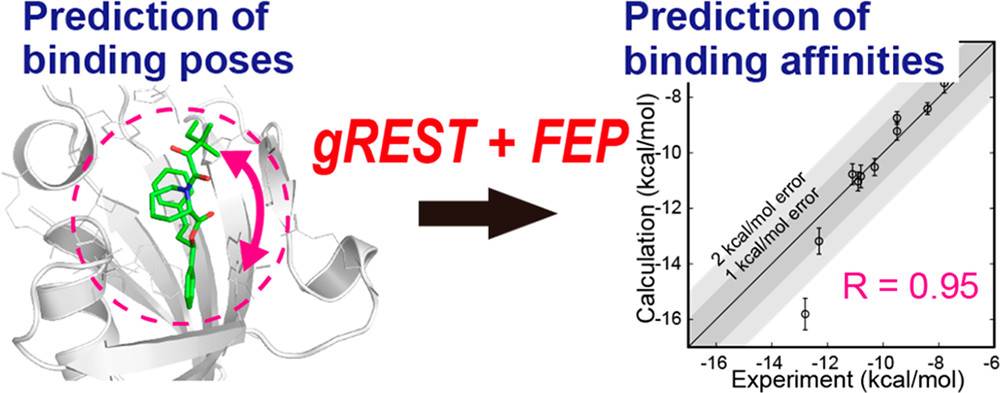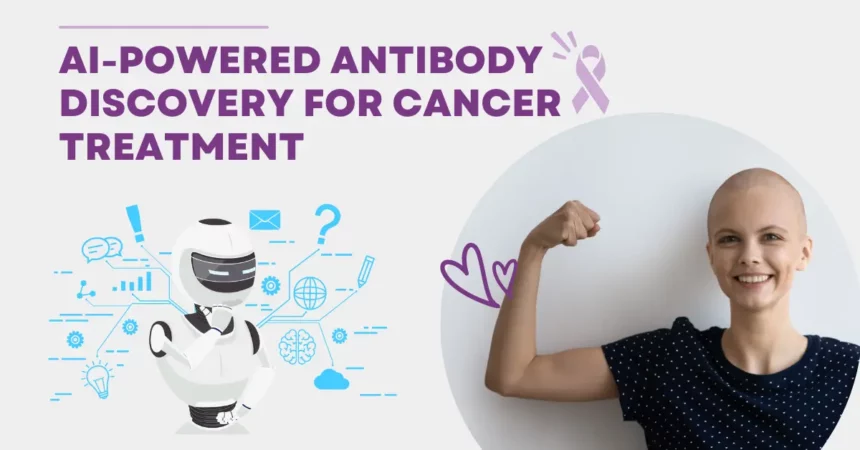Artificial intelligence is revolutionising cancer research through AI-powered antibody discovery for cancer treatment. The immune system produces antibodies, specialised proteins that can attack foreign cells, including cancer cells. However, finding suitable antibodies has been a challenge for scientists.
Researchers at the University of California San Diego have developed a new AI system called “RESP” to identify promising antibodies. The system is trained on millions of antibody sequences and predicts their binding ability to target proteins or antigens. The AI pipeline is more efficient than traditional computational methods.
It enables scientists to select a few of the most promising candidates for further AI-powered antibody discovery for cancer treatment.
Hiraku Oshima’s research “Ligand Binding Pose and Affinity Using the gREST+FEP Method” focuses on utilising a computational method called gREST+FEP to study the binding of a small molecule (ligand) to a protein. The gREST+FEP method combines two techniques, gREST and Free Energy Perturbation (FEP), to predict the binding affinity and binding pose of the ligand to the protein. This research provides insights into the molecular interactions between the protein and ligand and can be helpful in drug discovery and design.

The RESP model can predict the binding affinities of a new sequence even if it is not included in the initial screening library. It is a significant advantage in the AI-powered antibody discovery for cancer treatment.
It also calculates the confidence of its predictions, making the selection of candidates for further testing more accurate. The AI-powered discovery process could lead to a faster and less failure-prone drug discovery process.
By using AI tools , scientists can perform a more significant share of their discovery process on a computer instead of in the lab, potentially speeding up the process and reducing the risk of failure. These findings are just the beginning of the many applications of AI.









